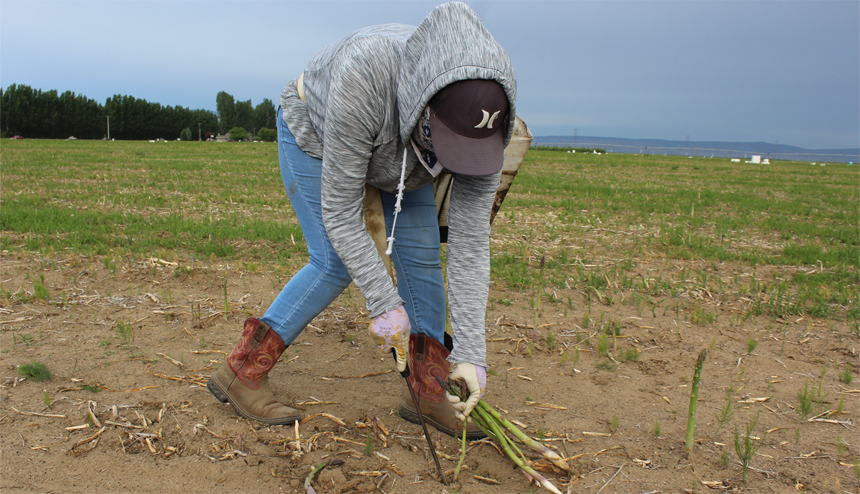Farming
Supporting farmworker families through smoke season
“Have you ever been working in the field and been unable to see the sun because of smoke?”
At a recent outreach event for farmworker families in Central Washington, participants were asked questions like this one about the challenges they face during wildfire smoke season, with an invitation to raise their hands when they agreed.
“Are you afraid that you would get in trouble if you left work during a wildfire event to go help a family member?”
Everyone in the room raised their hands.
PestiSeguro™/ PestiSafe™ App
National Farm Safety and Health Week 2022
We can work together to “Protect the Future of Agriculture!” It starts by keeping ag communities safe, healthy, and injury free!
Tracking Agriculture, Forestry, and Fishing Health Indicators: RISC 2.0
Fatal and non-fatal injuries in the agriculture, forestry, and fishing sectors remain both elevated and poorly documented, compared to other work settings. The proposed surveillance project expands on the current Risk Information System for Commercial (RISC) Fishing, to encompass agriculture, forestry, and fishing in the four state (Alaska, Idaho, Oregon, Washington) PNASH region.
Project aims are to:
Engineering Solutions to Reduce Pesticide Exposure and Waste on Northwest Fruit Farms
The overall objectives of this project are to evaluate emerging pesticide application technologies and educational programming as interventions for breaking the pesticide exposure pathway on Northwest fruit farming systems. Labor-intensive fruit commodities put farmworkers and their families at disproportionate risk of pesticide-related illness via pesticide handling, drift, or the take-home exposure pathways.
Respiratory Health and Indoor Air Quality in the Cannabis Industry
Over the past decade, there has been a dramatic expansion of the Cannabis industry in multiple US states. Although thousands of new employees are joining the workforce each year, very little is known about the occupational hazards and potential health effects for workers involved in Cannabis cultivation. Recent pilot studies have demonstrated that these workers are exposed to a variety of respiratory hazards and may be at increased risk of occupational lung diseases, particularly work-related asthma.
Health and Safety Solutions in Agriculture
New Online, On-Demand Courses
Safety Training & Tools for Managers & Health Educators
Offering information and tools to help agricultural safety managers and educators build and expand workplace safety training and programs. Each online course features practical resources, ready-to-use toolkits, and lessons learned developed by researchers and agricultural partners.

